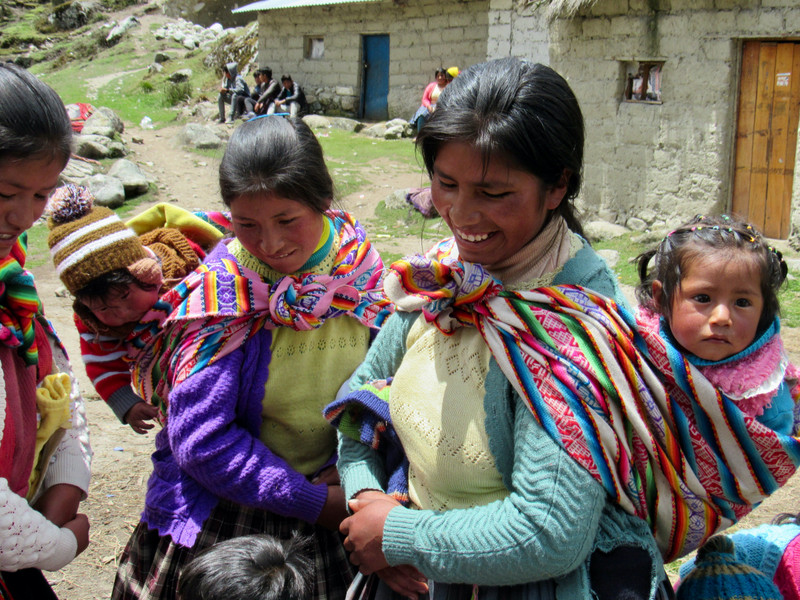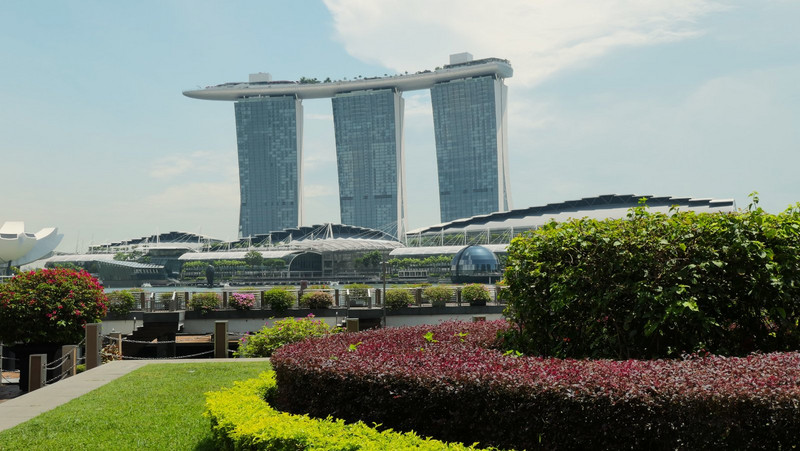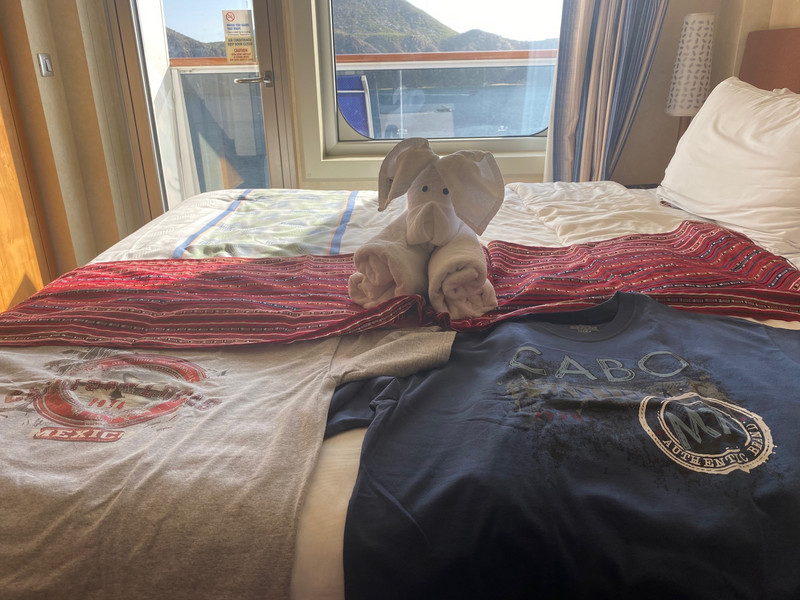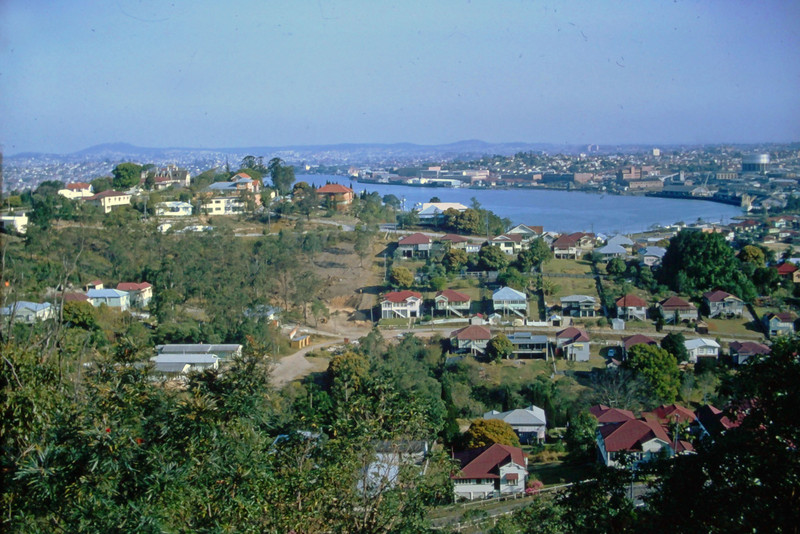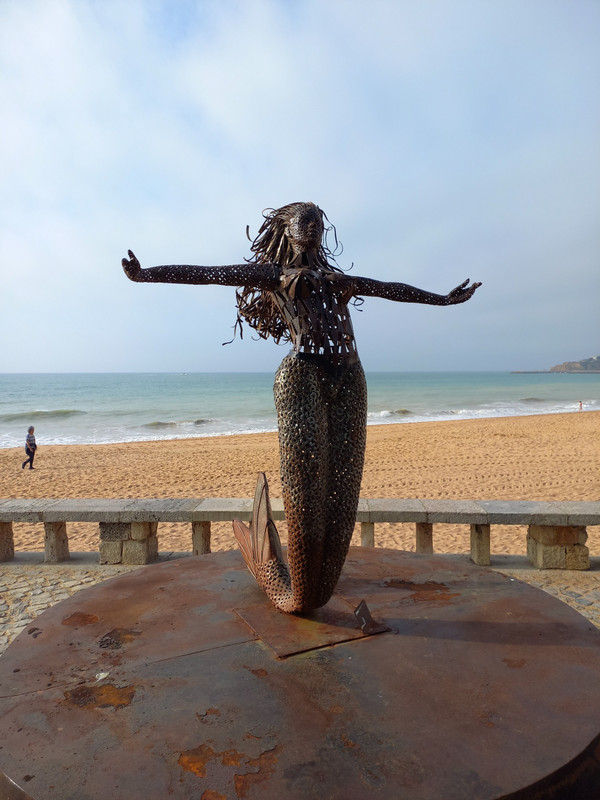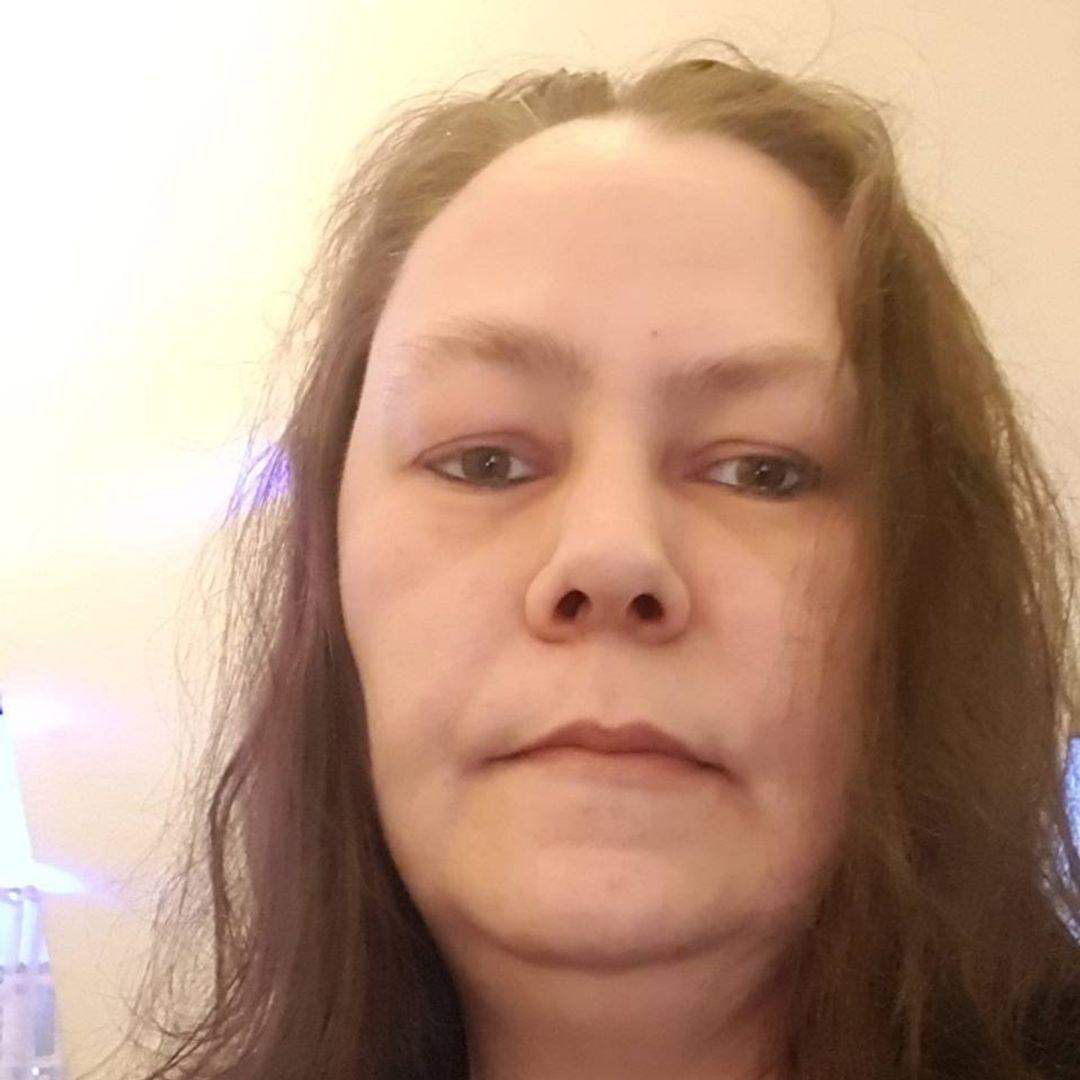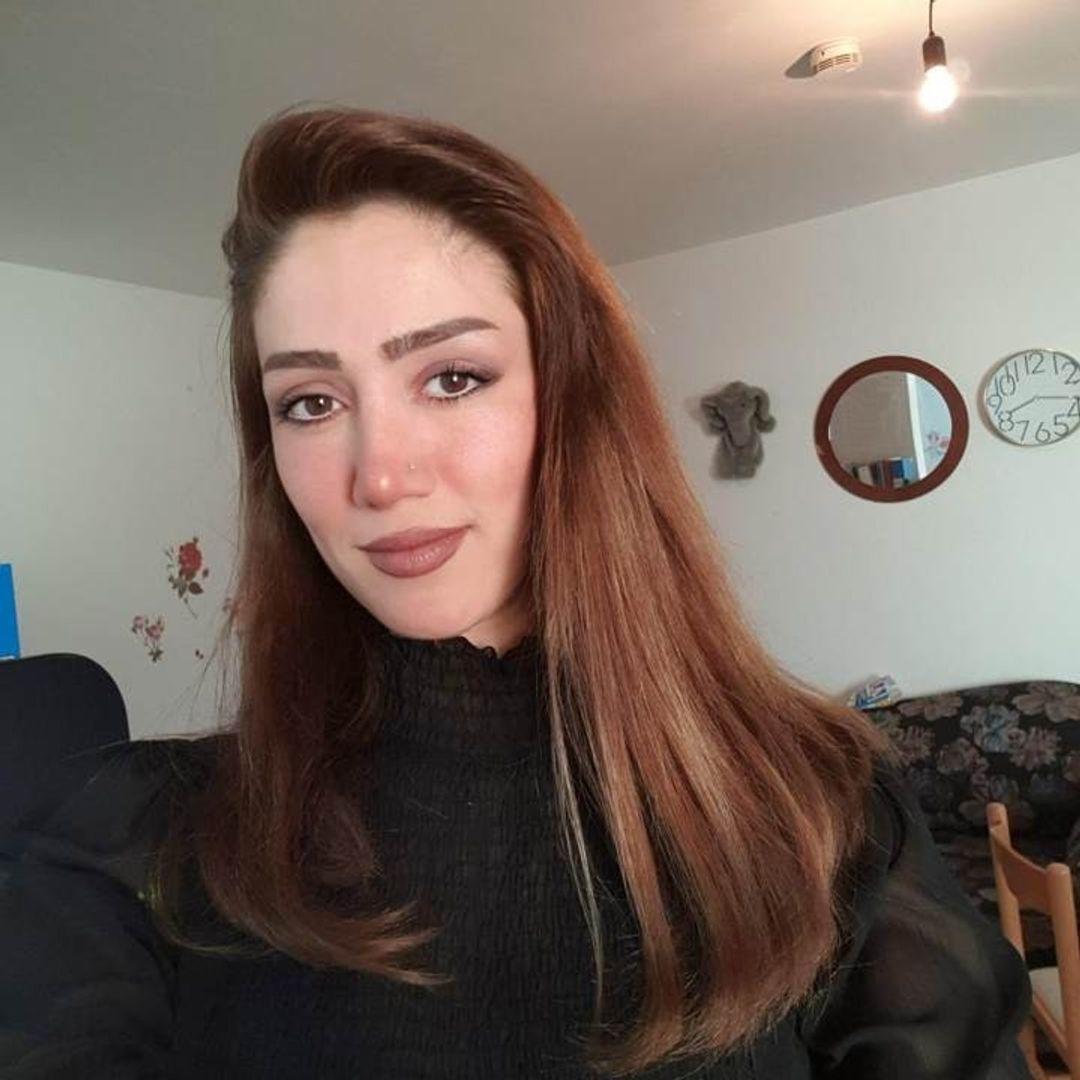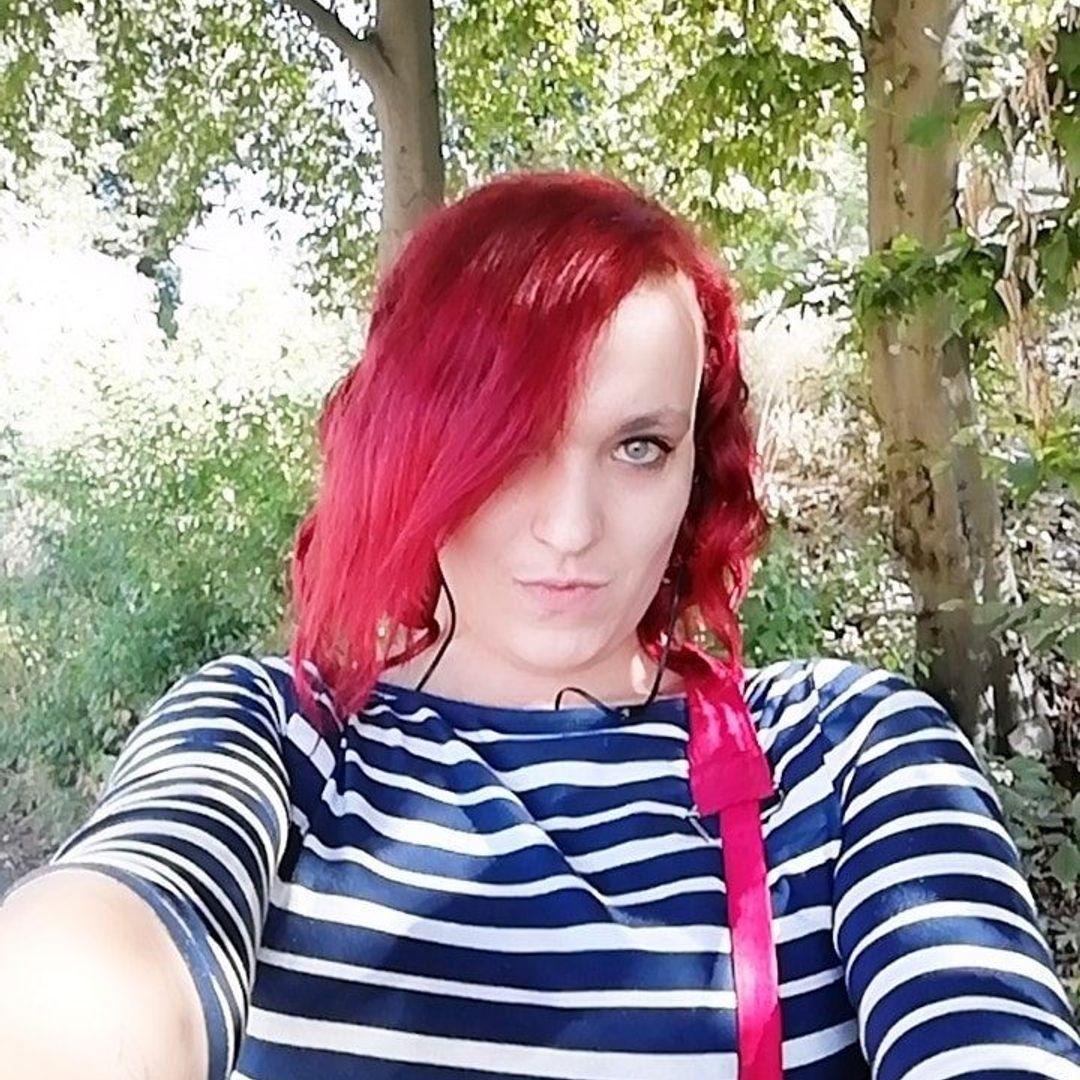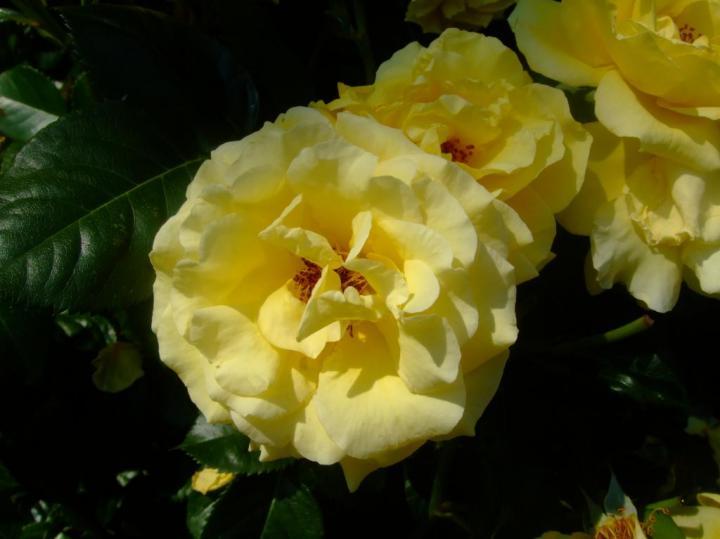For the Covid Relief Projects third chocolatada, we started the clothes donations with outfits for new borns and babies up to a year old. This village is so high up in the mountains that the nearest possible place to buy clothes is over three hours away, if you can get a ride. Nobody in owns a car and the road definitely requires 4 wheel drive.
40 weeks is full term! Cusco has carried our Covid baby to full term, but now what? It has been a full nine months since Covid was officially diagnosed in Cusco, on March 13th. So much has happened, sometimes it feels like a full decade, not just one year. I dont think that were yet at a point in the pandemic when we can actually have an idea of what the future will bring. I can really only focus on one day at a time. My biggest priority is surviving the pandemic, hopefully staying healthy until I can get a vaccine, not getting Covid at all. Anything beyond that is gravy.
However, today was so overwhelming that its hard for me to call it gravy. I got up at 4am to go back to the Maytaq Wasin Hotel and load the truck for the village of Japu (pronounced Hapu). The mayor of Paucartambo sent two extended cab pickups to carry us and all of the supplies for 80 families. We took supplies to make hot chocolate for 350 people, plus 350 For each family we had 5 kilos of rice, 1 liter of vegetable
We always start the chocolatada serving children first. Japu has over a hundred children, most of whom dont live in the village itself. Their homes are spread up and down the valley from the village.
oil, 1 kilo of salt and 2 bags of oatmeal. We also took a giant sack of 500 oranges. Considering how far away they are, I doubt they ever get fresh fruit.
Even with Dramamine in my system, I had to ask the driver to pull over a couple times so I could get out of the car and try to catch my breath. I managed not to throw up, but until the road got so rough that we had to be in 4 wheel drive, I felt so carsick. The worse the road got, the happier I was because the slower we had to go. Also, the farther we got out into the mountains, the more we saw vicua. The four days I backpacked around Ausangate (week 37) I was disappointed to not see a single vicua. Today I was not disappointed.
This was a trip to visit the Qero, who are almost mythical in Peruvian culture. They are known for their very traditional lifestyle. They did not allow any contact with the outside world until the 1990s, because they believe that they are the last descendents of the Inca and wanted to protect their culture and language
The people of Japu are part of the Qero Nation. Most Qero men are shamans, following traditions passed down through the generations from Inca times. The Qero refused contact with the outside, modern world until the 1990s, which allowed them to keep their culture, traditions and language more intact than others in the Cusco region.
from modern influences. They still live a traditional lifestyle, but since their school opened over ten years ago, the younger generation is also learning Spanish.
Of the 80 families that live in the valley of Japu, less than half of them live in the village. There is a school that opened over ten years ago, but it has been closed since the pandemic started. The teachers only came a few times all year, according to one of the fathers I asked. There is no healthcare available in Japu and the nearest government clinic is at least three hours away, in the town of Ocongate. Almost all of that time is on a very rough dirt road. The people of Japu are farmers but at their altitude of over 4,000 meters, the only crop that will grow is potatoes. They also have beautiful streams and eat trout. They shared some boiled potatoes and fried trout with us after the event. Todays event had four stages: clothes for kids, chocolatada, food distribution and a final frenzy for oranges.
We brought clothes for all of the children, which we distributed while the hot chocolate was still being made.
